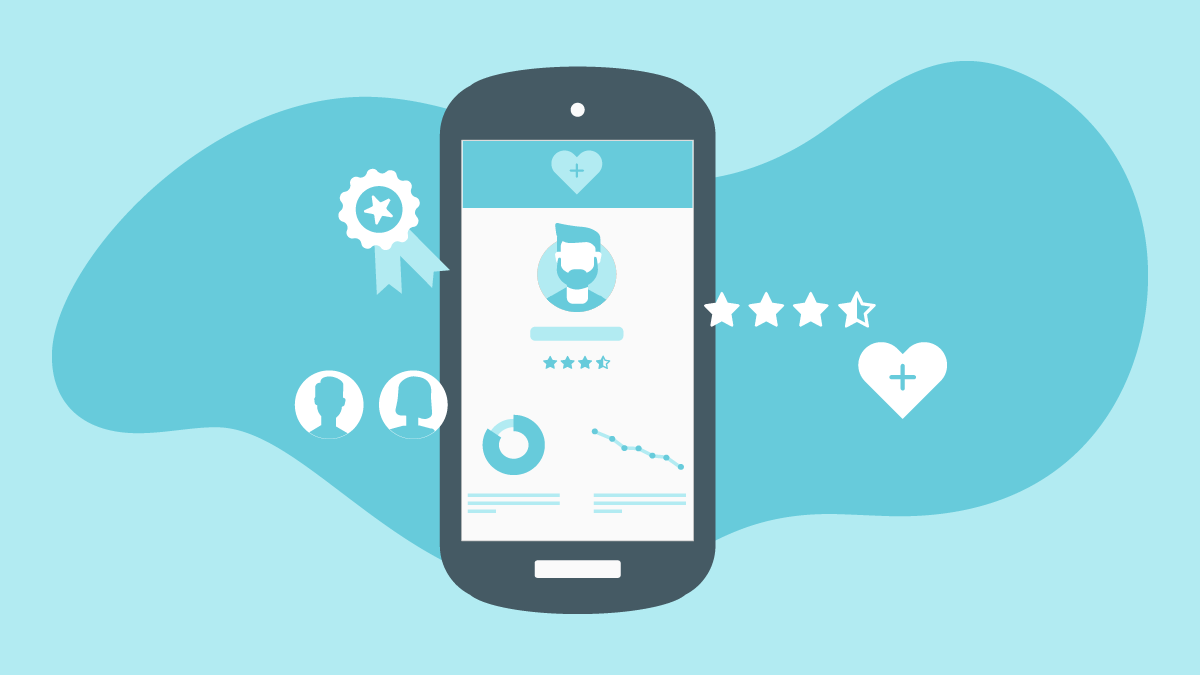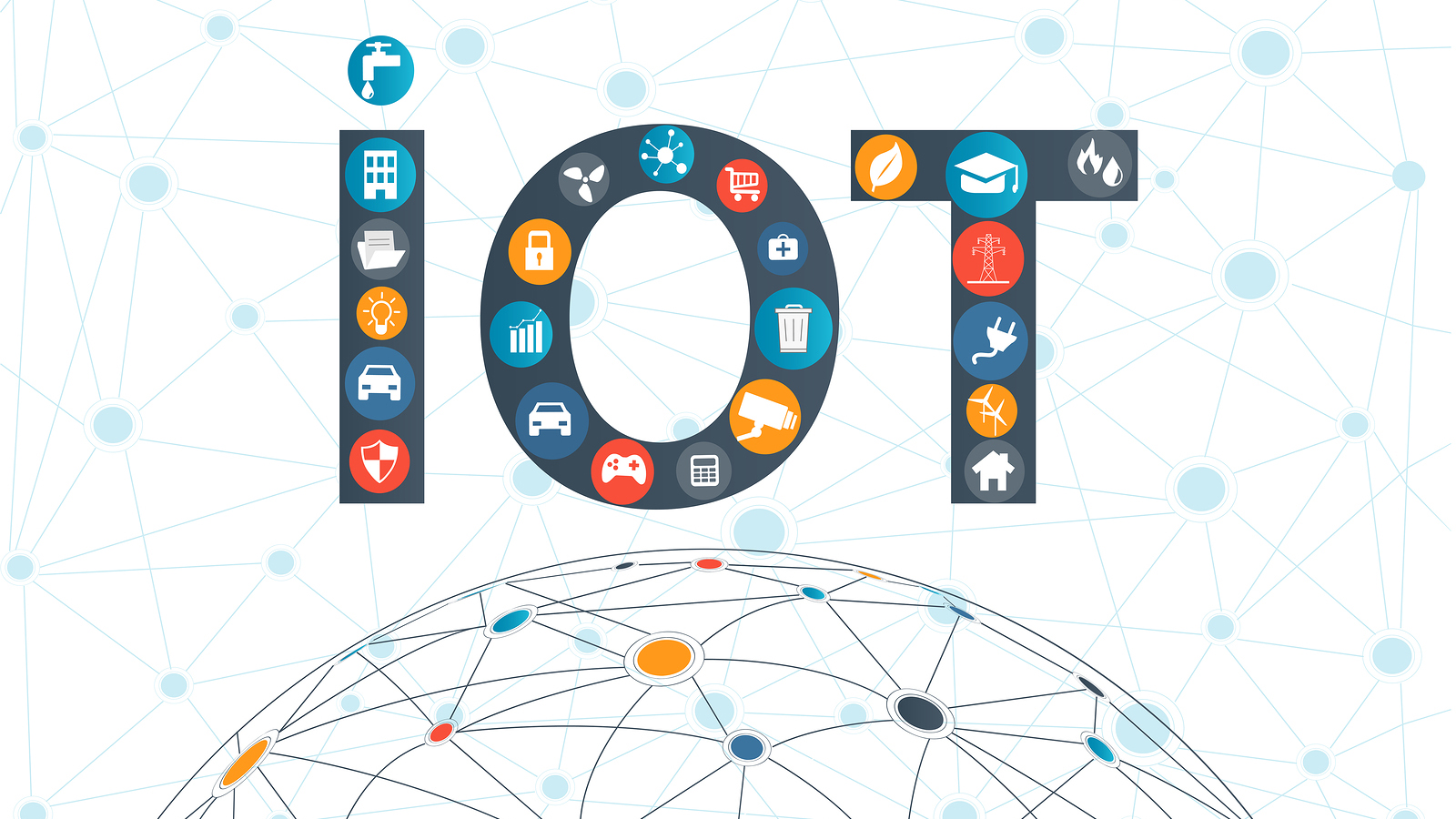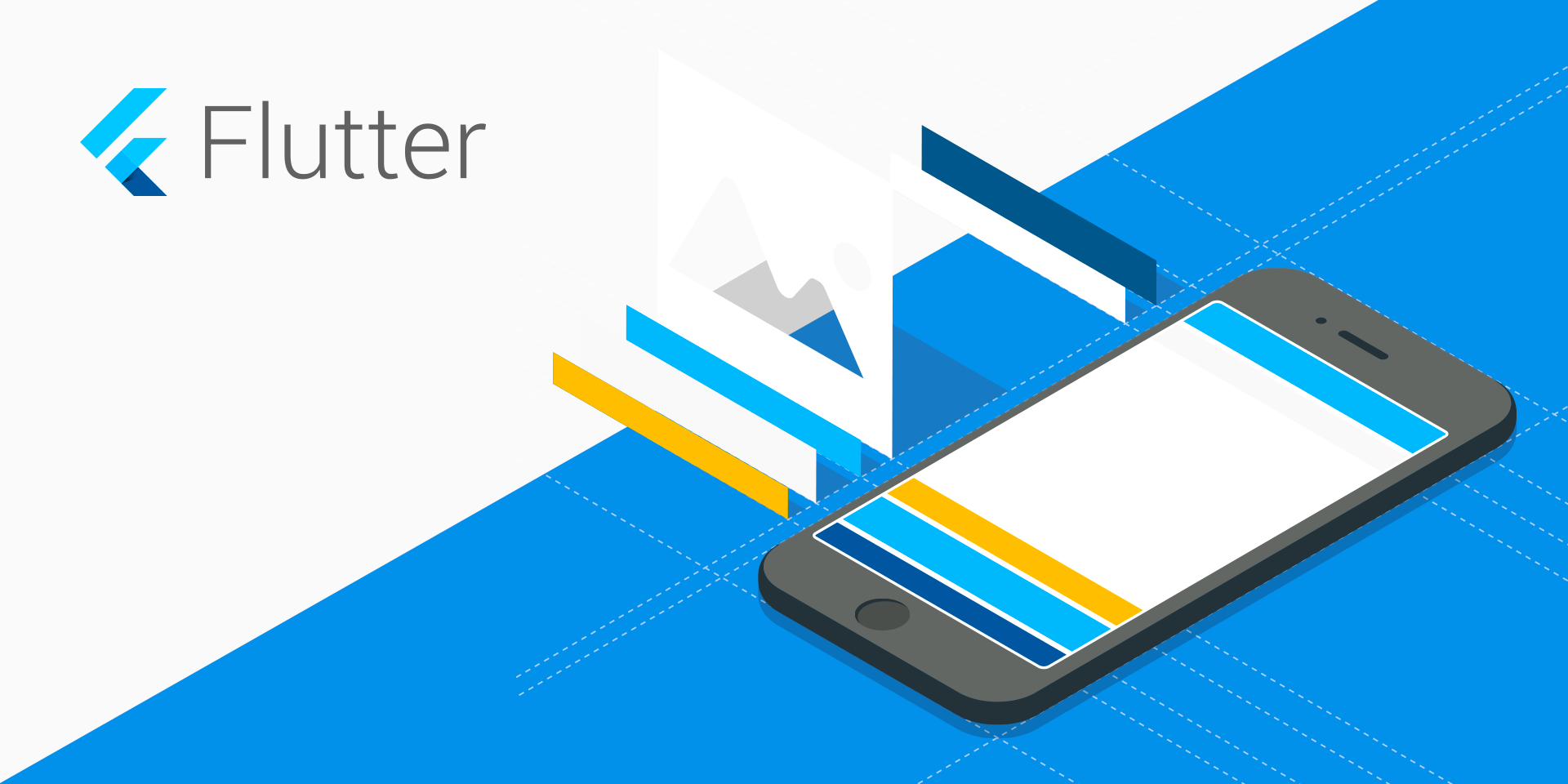Are you a developer developing enterprise mobile application ? Then I am pretty sure that you are aware of the challenges that you might face during your journey of development . But assume a situation wherein you are already aware of the problem and solution in respect to that !
Seems to be life saver , right ?
Due to technical world is dynamically changing , providing satisfactory service to business operations had become a challenging task in respect of requirement , budgets , deadlines and technology support , which may change overnight . So if you are one of those developers who want to deliver an awesome app irrespective of the challenges then simply go through till the end of the article to know the way out for the challenges you are facing .
Challenge #1 – Change In Business Requirement By Client
Every developer might have faced this situation . You might have done your all day task , and then the email comes with the client about the new requirement . Bam ! All your coding goes into chunk and the new task might seems you like a big mountain to which to have to climb up . But you are left with no other alternative than to climb up in the mountain with the new requirement .
Measure To Solve :
As a developer you have to follow modular approach of building the code in a way that each functional module should be built separately to save your efforts for entire product . In case the changes comes in , you necessarily need to alter few modules only and rest stays the same .
Challenge #2- Security Issues
Enterprise apps are not like other simple apps , but it contain high level of enterprise and mobile data that is highly crucial for business organisations . We all are also aware that now a days enterprise apps are more moving towards cloud for storing of data and other procurement , as a the data is all getting uploaded on cloud , the risk of data being hacked has also been increased . Enterprise app developers can take care of data hacking by providing security patches , data encryption and more .
Measures To Solve :
Hackers try to find the weak security standards and hacks the data from breaking the weak point .Performing penetration testing can help avoid hackers to hack soft spots .
Challenge #3 – User Interface
The app will become clutter and complex if user interface is not taken into consideration . Assume of an app that is so complex to understand that you are not even to perform a single task in it , will you use it ? Of-course not ! If a user does not finds app to be user friendly , they might never come back to you . So the best solution to this problem is never every try to underestimate the user interface of the app to get the best value of your app . A good mobile app development company is one to develop apps that makes employees more productive and at the same time teach them to struggle with complex interface .
Measures To Solve :
Prototyping is one of the best measure in order to come up with best app . You must proceed to designing of the app once prototype of the app has been approved by the client .
Challenge #4 – Technological Change
Technology is continuously changing and new technology and frameworks is rapidly stepping into the technological world . We all are aware of recent technological advancement such as AI , Blockchain , SaaS and more .Innovative , affordability and competitive advantage is what is needed for successful app delivery .
Measures To Solve :
You must make your app future enabled with coping up with the latest technologies and challenges that should be used in Enterprises apps , which in turn help you in saving efforts on reinventing the whole wheel .




